In episode 182 of the Disruptors for GOOD podcast, we speak with Azuraye Wycoff, Executive Manager of Yellow Barn Farm, on creating an entrepreneurial blueprint for the next generation of regenerative farmers around the world.
Listen on Apple.
Listen on Spotify.
Listen to more Causeartist podcasts.
About Azuraye Wycoff
Azuraye is a dynamic entrepreneur and consultant who specializes in designing nature-based organizational models to empower teams and create a mycelial network of organizations.
Azuraye is the Director of Operations at Drylands Agroecology Research, where she supports systems design and implementation. She ensures that information, resources, and finances flow to the appropriate place and that human systems are designed to help each person thrive in their role.
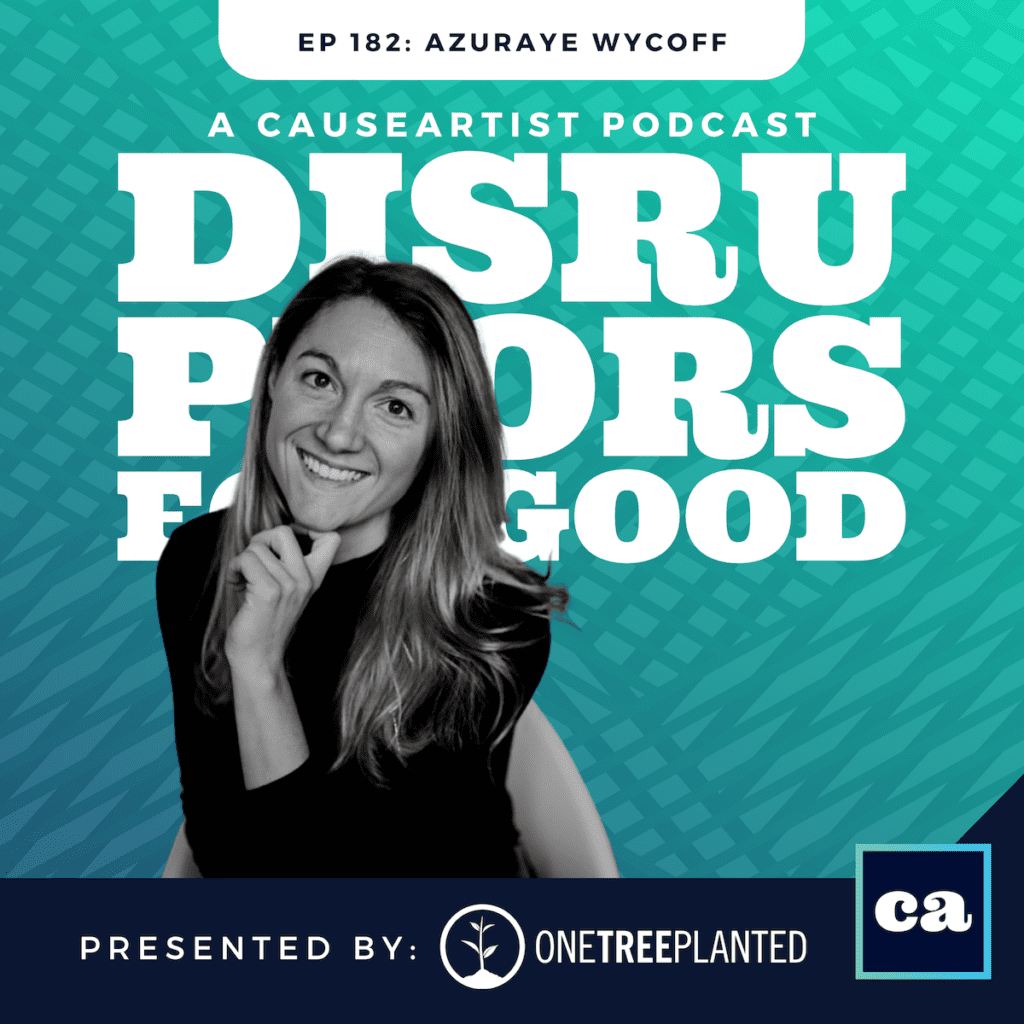
She is also the Managing Member of Stalk Market, a unique grocery store model in a shipping container, that offers produce, products, and local goods sourced within a 30-mile radius of their first hub, located at Yellow Barn Farm.
She is also the Executive Manager of Yellow Barn Farm, where she manages the development of her family’s 100-acre farm from an international equestrian center into a fully regenerative farming community.
Azuraye is passionate about local economic development, circular economy, and sustainable practices in agriculture. She is a skilled communicator and leader with a natural talent for operations management, logistics management, and leadership.
About Yellow Barn Farm
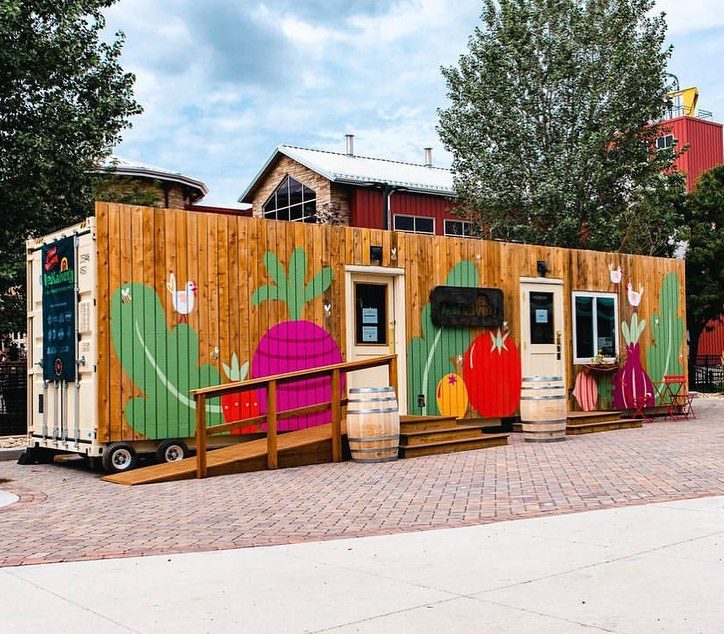
Yellow Barn Farm is a beautiful example of regenerative agriculture and sustainable community building. Established in 1865, the farm was originally used as an international equestrian center with over 50 horses and 100 riders.
However, the owners of Yellow Barn Farm have since chosen to revitalize the land for low-scale, high-quality food production, community-supported agriculture, and sustainability education.
Along with Drylands Agroecology Research (DAR), Yellow Barn Farm implements and cultivates practices of regenerative farming, animal management, carbon sequestration, soil health, and dynamic/adaptable organizational structures.
The goal is to create a holistic and fully integrated farming and eco-community that builds local resilience by linking farms and communities to create sustainable food, education, and economic systems.
Yellow Barn Farm believes in the philosophy of “give first” – you must first build, seed, and nurture a garden before it gives back.
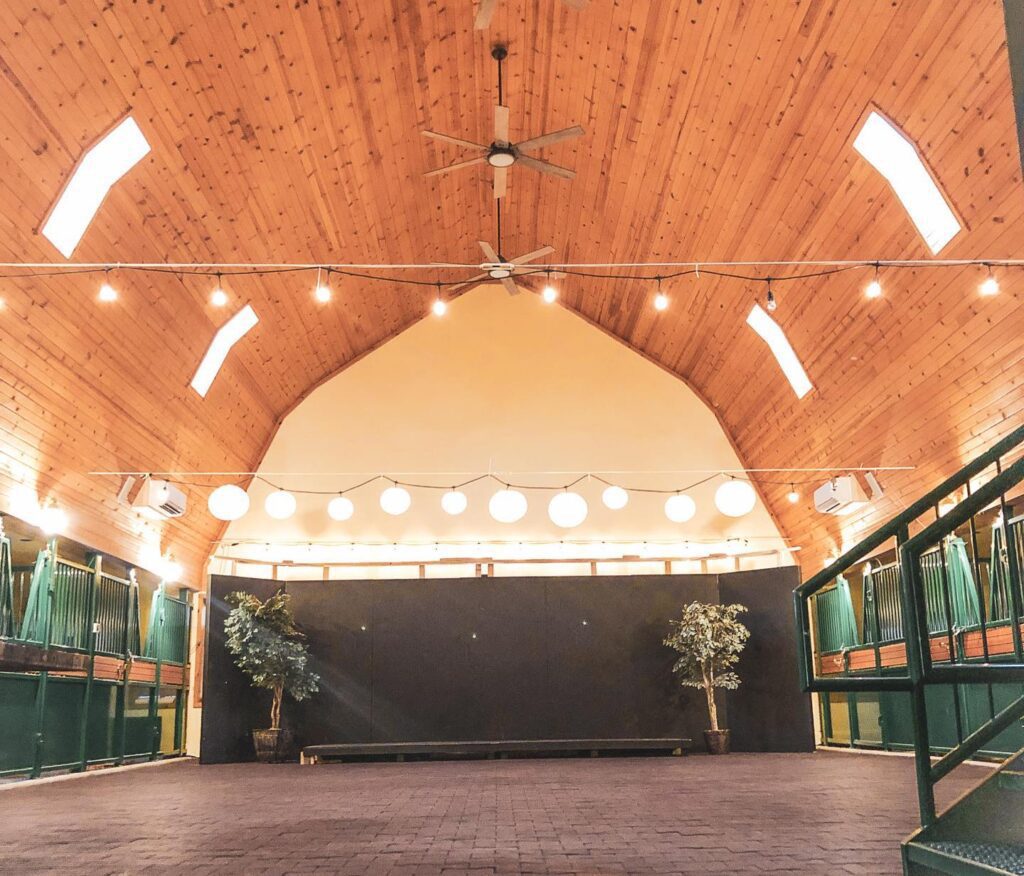
They offer services like composting, workshops, farm-to-tables, indigenous-led celebrations, and more. The farm gathers ideas from all fields to find novel and efficient solutions to create a sustainable and regenerative ecosystem.
One of the most notable projects at Yellow Barn Farm is the planting of trees. In 2021, they planted 3,500 trees in their first silvopasture with the help of 175 volunteers.
They also planted a row of 400 conifers for windbreak protection. In 2023, they will be planting an additional 6,000 trees in the back 60 acres of the property for soil restoration research through Drylands Agroecology Research (DAR).
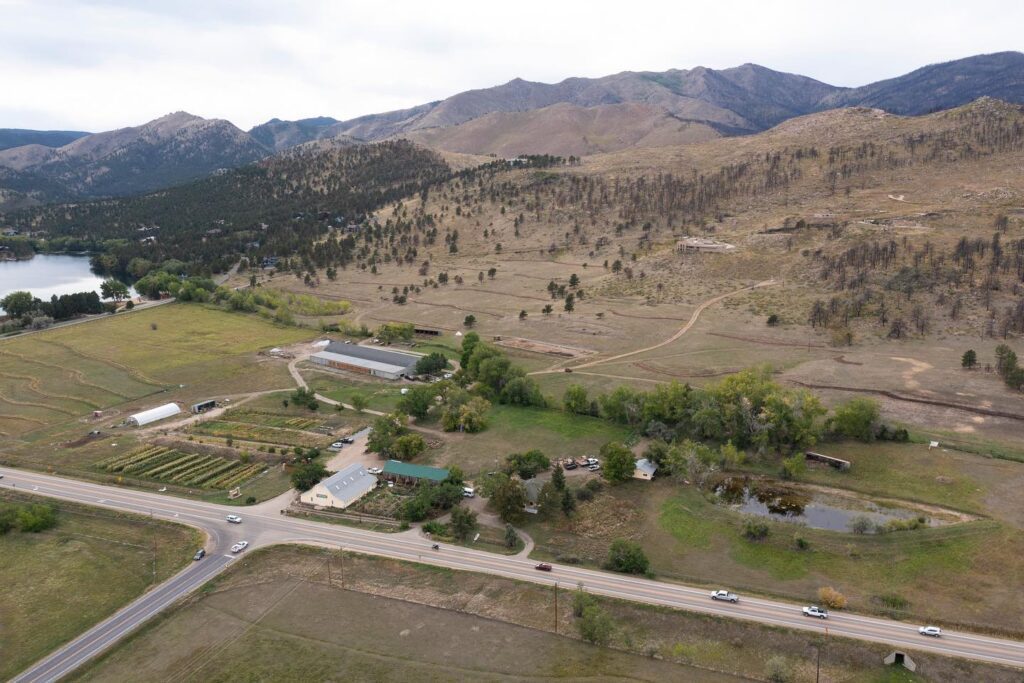
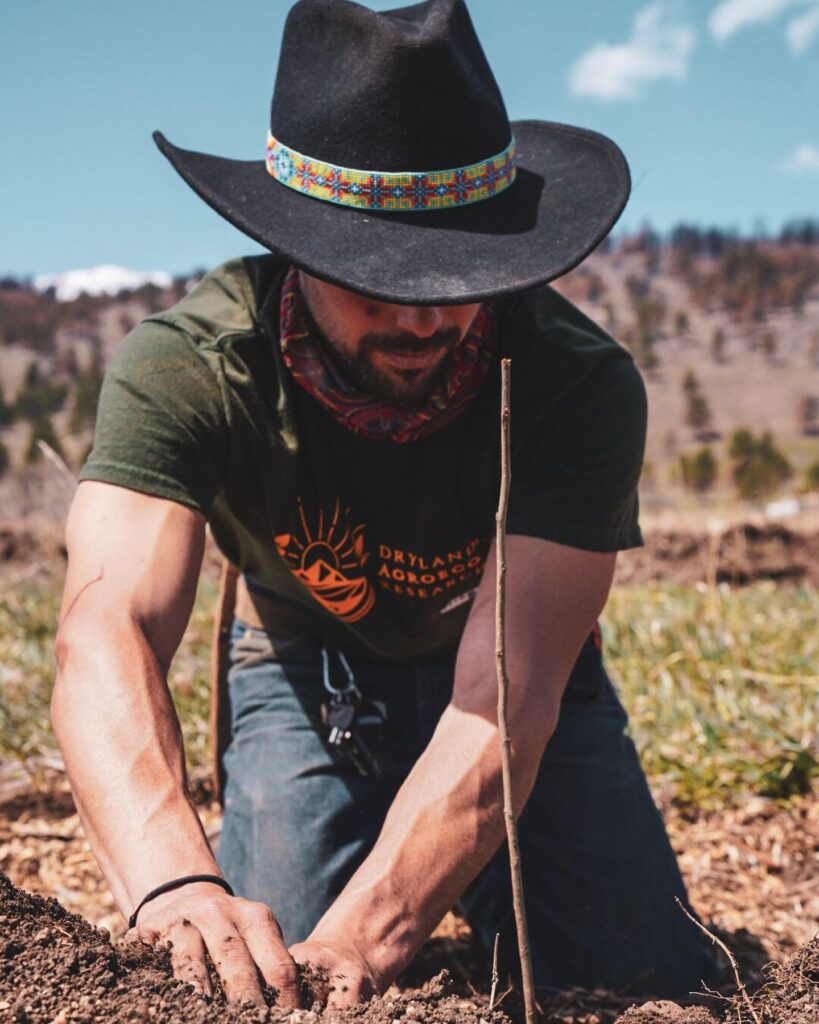
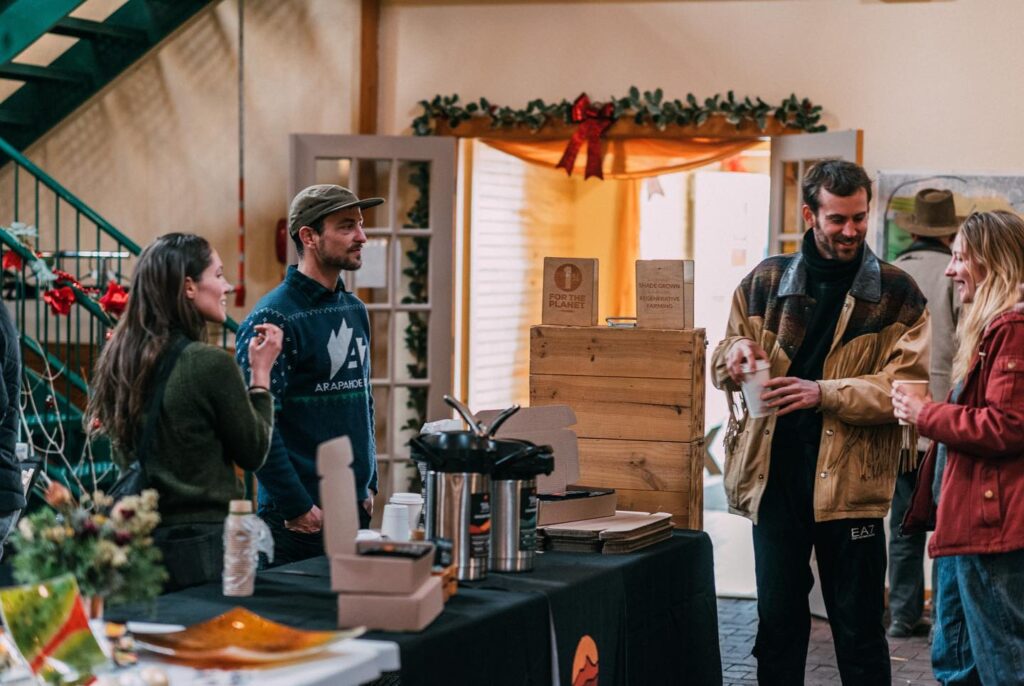
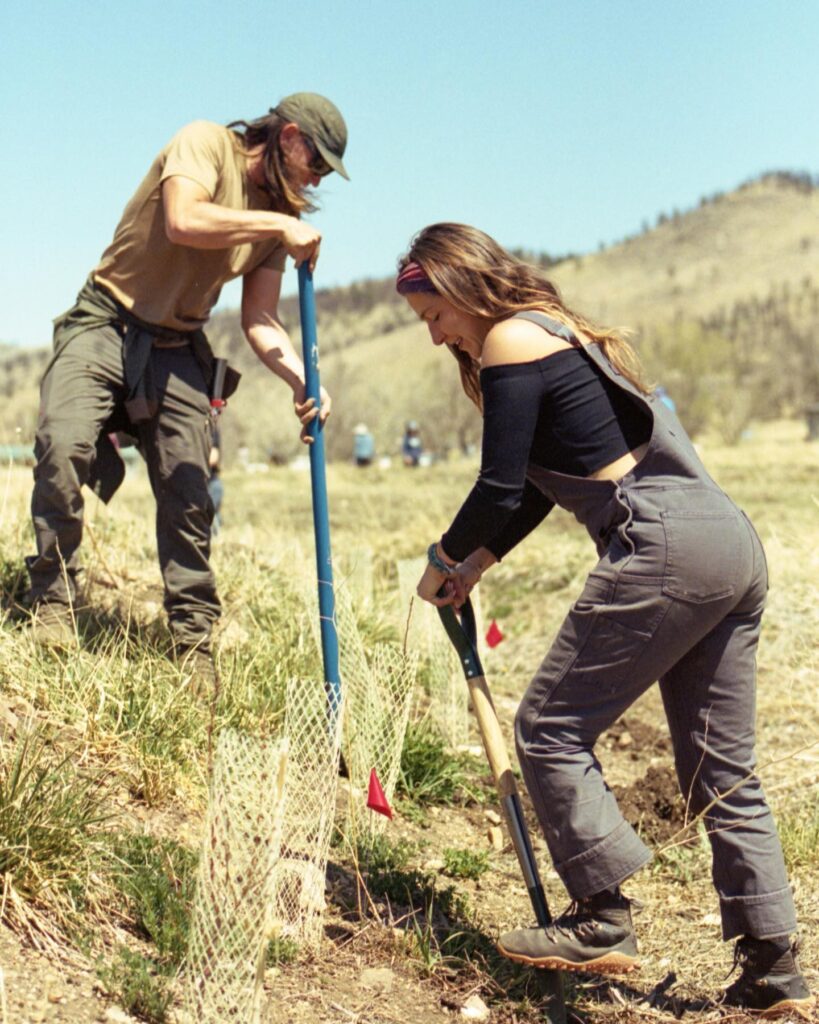
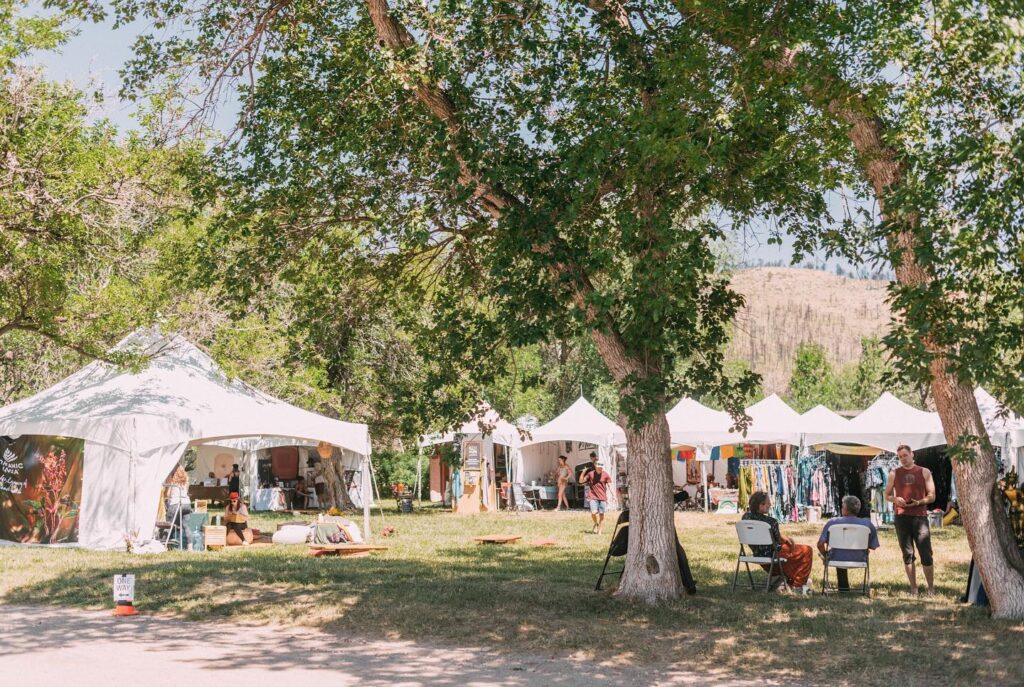
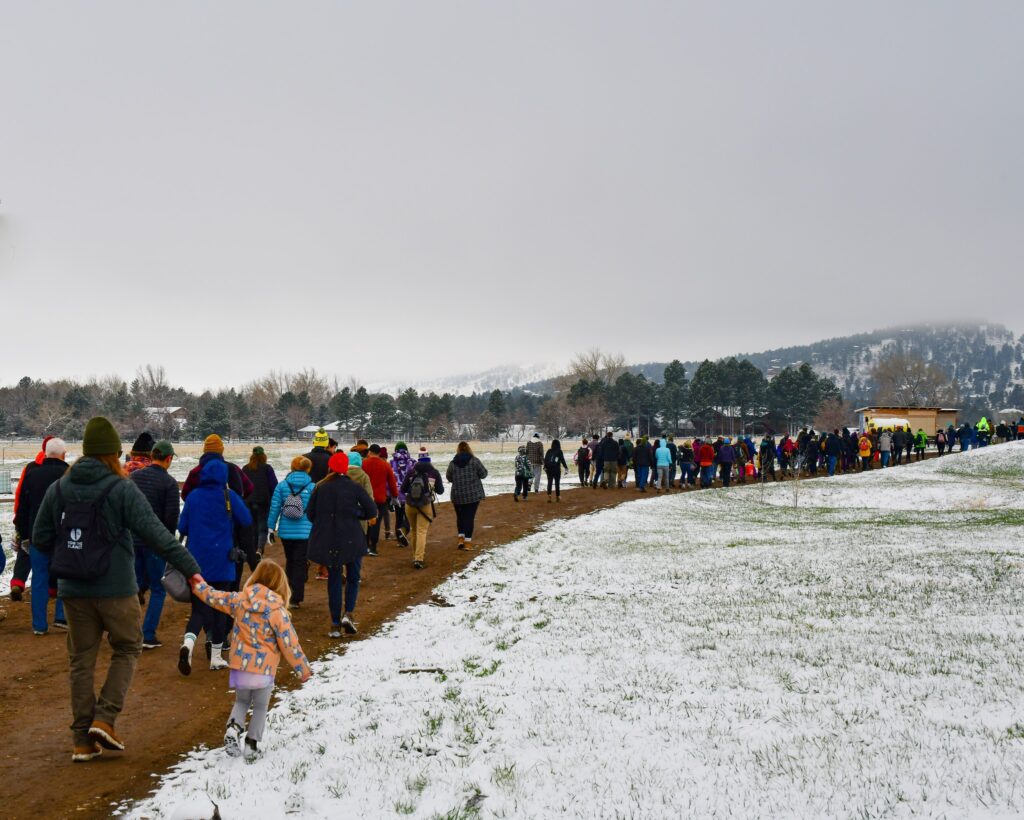
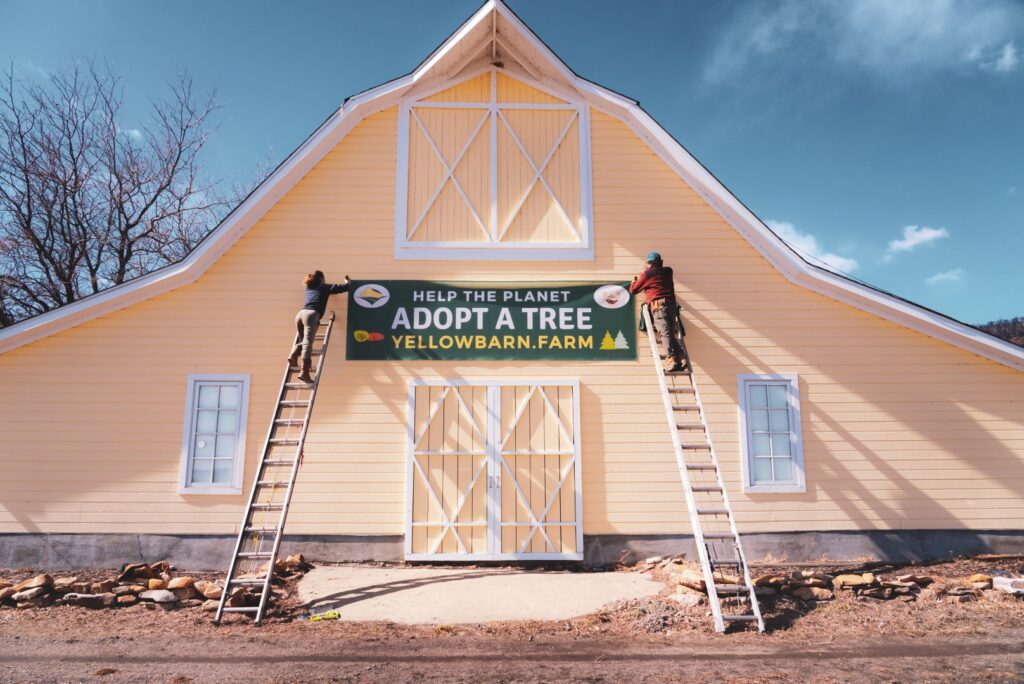
The alleys of the silvopasture will be used for rotational chicken, cattle, and pig grazing.
Yellow Barn Farm is an excellent example of how regenerative agriculture and sustainable community building can coexist.
By creating a reciprocal relationship with the land and its inhabitants, they have taken an important step towards building a sustainable and resilient ecosystem.
The farm is not only a place of production but also a place of education and community.
Yellow Barn Farm is an inspiration and a model for others to follow in their quest for sustainable agriculture and community building.








